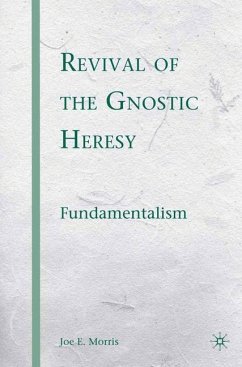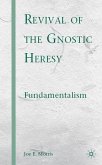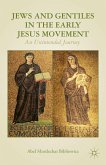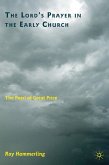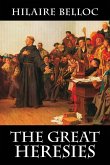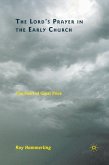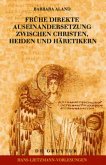In this rigorous and provocative study, Joe E. Morrisargues that the basic tenets and practices of Fundamentalism are those of ancient Christian Gnosticism. Drawing on extensive research andcareful analysis, Morris aligns the two religious phenomena, point by point, tenet by tenet.Along the way, he provides insights into the key hermeneutic of Fundamentalism: inerrancy of Scripture, highlighting the multiple problems with the positions of literal and inerrant interpretation, their impracticality and unfeasibility, and their contradiction with their own conservative doctrine - namely, the Incarnation of Jesus Christ. This groundbreaking book dramatically recasts our understanding of the history of Christianity and gives important context to modern-day religious debates.
"This is a very well written book with a lively style that engages the reader immediately while still amassing an impressive array of scholarship.Morris moves easily and adroitly between the first centuries of Christian emergence and our own more familiar world. Along the way the reader learns a great deal about ancient gnosticisms and modern fundamentalisms and is invited to see the remarkable parallels between these seemingly unrelated phenomena. Whether or not one agrees with all of Morris's judgments along the way, the reader will find thisan informative, stimulating, and thought-provoking journey." - Theodore W. Jennings, Jr., Professor of Biblical and Constructive Theology, The Chicago Theological Seminary

